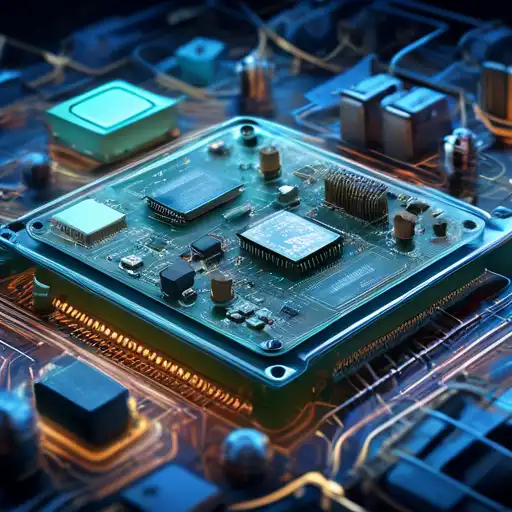The Hidden Power of Embedded Systems in Modern Smart Devices
Embedded systems are the cornerstone of today's smart devices, acting as the brains behind their functionality. From smartphones to smart refrigerators, these systems ensure that devices operate efficiently and intelligently. This article delves into the world of embedded systems, exploring their role, importance, and future in the realm of smart technology.
What Are Embedded Systems?
An embedded system is a dedicated computer system designed for specific control functions within a larger system. Unlike general-purpose computers, these systems are optimized for their particular tasks, offering reliability, efficiency, and compactness. They are everywhere, from automotive control systems to home appliances, making them indispensable in our daily lives.
The Role of Embedded Systems in Smart Devices
Smart devices rely on embedded systems to process data, execute commands, and connect with other devices. For instance, a smart thermostat uses an embedded system to learn your schedule and adjust the temperature accordingly. Similarly, wearable devices use these systems to monitor health metrics in real-time, showcasing their versatility and importance.
Key Components of Embedded Systems
Embedded systems consist of several key components, including:
- Microprocessors or Microcontrollers: The heart of the system, executing the programmed instructions.
- Memory: Stores the system's software and temporary data.
- Input/Output Interfaces: Allow the system to interact with the external environment.
- Software: Provides the necessary instructions for the system to perform its tasks.
Challenges and Solutions in Embedded System Design
Designing embedded systems comes with its set of challenges, such as power consumption, size constraints, and real-time performance requirements. However, advancements in technology have led to innovative solutions, including low-power microcontrollers and efficient algorithms, ensuring that these systems meet the demands of modern smart devices.
The Future of Embedded Systems in Smart Technology
The future of embedded systems is bright, with trends like the Internet of Things (IoT) and artificial intelligence (AI) driving their evolution. These systems are becoming more sophisticated, enabling smarter, more connected devices that can learn and adapt to user needs. As technology advances, the role of embedded systems in smart devices will only grow, further embedding them into the fabric of our daily lives.
Embedded systems are the unsung heroes of the smart device revolution, providing the intelligence and functionality that make these devices indispensable. As we look to the future, the potential for these systems is limitless, promising even smarter, more efficient, and more connected devices. The journey of embedded systems is just beginning, and their impact on technology and society will be profound.
